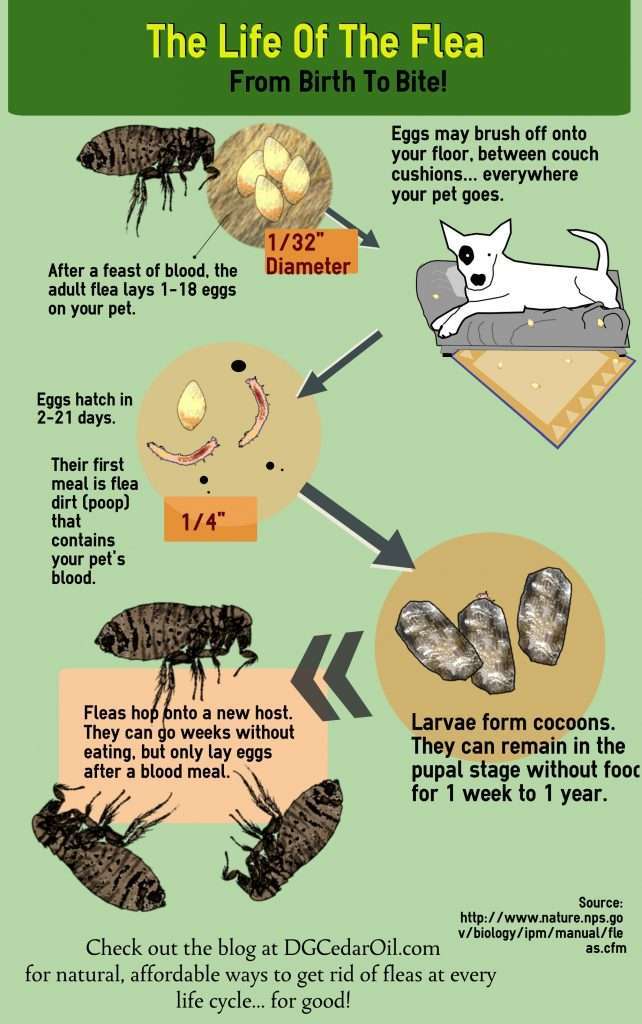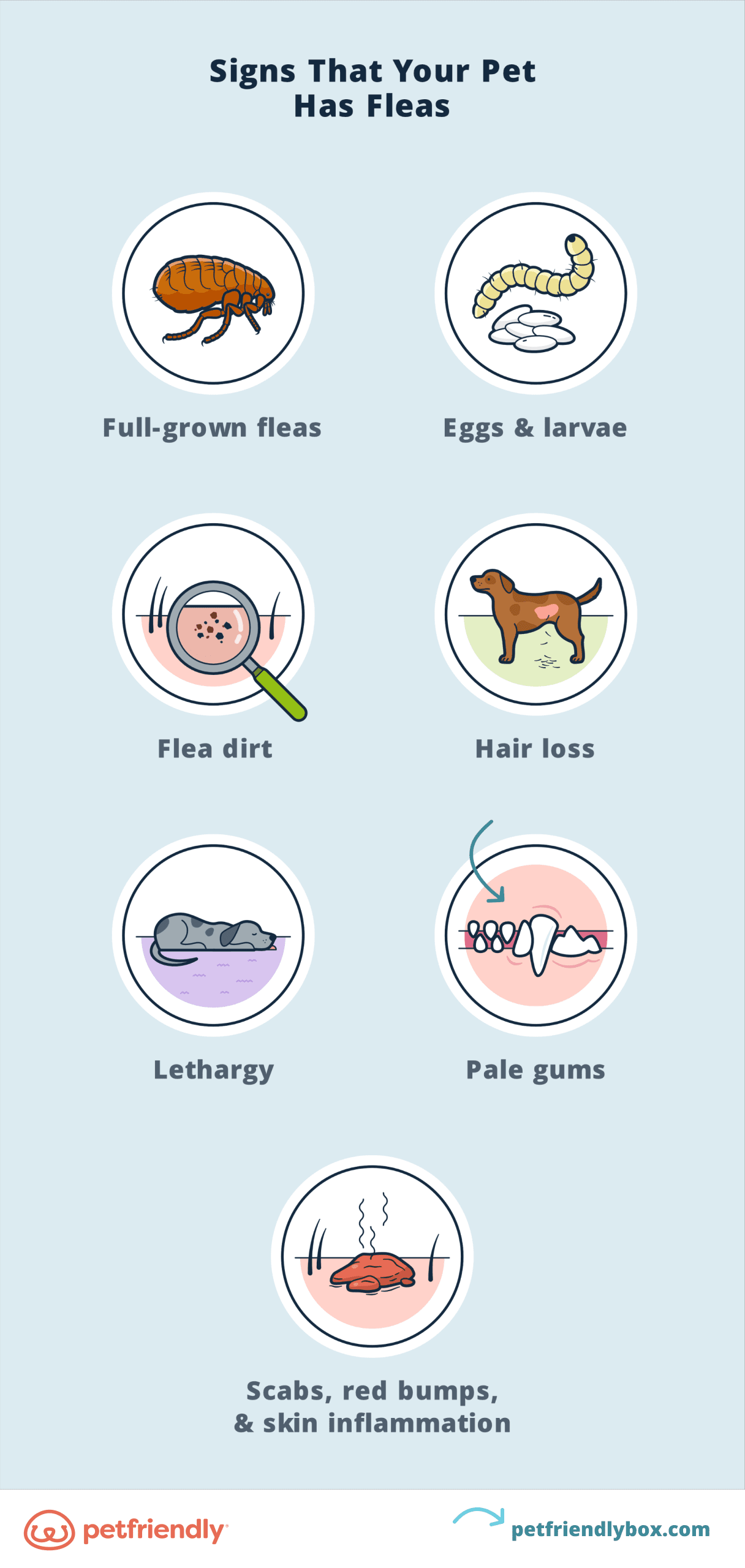Key Takeaways:
- Even indoor cats can still be at risk of fleas, as these parasites can be brought into the home by humans or other animals.
- Fleas can cause a range of health issues for cats, including skin irritation, allergies, and even tapeworm infestations.
- Regular flea prevention is essential for indoor cats to ensure their well-being and prevent potential flea infestations in the home.
- It's important to regularly check your cat for signs of fleas, such as excessive scratching or small black specks on their fur (flea dirt).
- If you suspect your indoor cat has fleas, consult with a veterinarian for proper diagnosis and treatment options.
Attention all cat lovers! Did you know that even indoor cats are not safe from the pesky menace of fleas? Yes, you heard it right. Flea alert! But don't worry, because understanding this topic is essential for the well-being of your feline friend. By delving into this subject, you will uncover valuable information that can help protect your beloved pet and ensure their comfort and health. Whether you have an indoor cat or not, these tiny creatures can still find a way to infest your home and cause havoc. So, let's explore the world of fleas and learn how to keep our furry companions safe. Get ready to discover eye-opening facts about these sneaky critters and gain practical tips to combat them effectively. Together, we can create a flea-free environment for our cats to thrive in!
1. The Importance of Protecting Indoor Cats from Fleas
The Hidden Dangers of Fleas for Indoor Cats
As a cat lover, I know how much you care about your furry friend's well-being. You might think that because your cat stays indoors, they are safe from fleas. However, this is a common misconception! Even if your cat never sets foot outside, fleas can still find their way into your home and onto your beloved pet.
Fleas are tiny insects that feed on the blood of animals, including cats. They can cause a range of health problems for your indoor cat, such as skin irritations, allergic reactions, and even anemia in severe cases. Not only do these pesky parasites make your cat uncomfortable and itchy, but they can also transmit diseases.
The Impact of Flea Infestations on Your Home
When it comes to fleas, prevention is key. If left untreated, a flea infestation can quickly spread throughout your home, infesting carpets, furniture, and bedding. These tiny creatures have a remarkable ability to reproduce rapidly, with each female flea laying up to 50 eggs per day!
Once the eggs hatch into larvae and then pupae, they can remain dormant in your home for months until the conditions are right for them to emerge as adult fleas. This cycle continues unless you take action to eliminate them completely. Not only is this time-consuming and frustrating for you as a pet owner but it can also be costly to treat the infestation effectively.
2. Common Misconceptions: Are Indoor Cats Really Safe from Fleas?
The Myth of Total Protection: How Indoor Cats Can Still Get Fleas
You may have heard the belief that indoor cats are completely safe from fleas. While it's true that indoor cats have a lower risk of flea infestations compared to outdoor cats, they are not immune. Fleas can hitch a ride into your home on your clothing, shoes, or even through an open door or window.
Additionally, other pets in your household, like dogs who spend time outdoors, can bring fleas inside and inadvertently expose your indoor cat. Fleas are excellent jumpers and can easily move between animals in close proximity.
The Importance of Regular Preventive Measures
Given the potential risks, it is crucial to take preventive measures to protect your indoor cat from fleas. This includes regular use of flea preventatives recommended by your veterinarian. These products come in various forms such as topical treatments, oral medications, or collars.
It's important to remember that prevention is not a one-time event but an ongoing process. Consistency is key to ensure the continuous protection of your furry friend against these pesky parasites.
3. How Fleas Can Enter Your Home and Affect Indoor Cats
Flea Entry Points: How They Sneak into Your Home
You might be wondering how fleas manage to enter your home if you keep all doors and windows closed. Well, these tiny creatures are masters at finding their way inside! They can hitch a ride on you or any other person or animal entering the house.
Fleas can also find their way indoors through small cracks and crevices in walls or floors, particularly if you live in an apartment building where neighboring units may have flea problems. Once inside, they can quickly infest your living space and start causing havoc for your indoor cat.
The Impact on Indoor Cats: Health Risks and Discomfort
When fleas infest your indoor cat, they can cause a range of health issues. The most common problem is intense itching and scratching, leading to hair loss and skin infections. Some cats may develop an allergic reaction to flea saliva, resulting in a condition called flea allergy dermatitis.
In severe cases, prolonged flea infestations can lead to anemia due to blood loss. Anemic cats may become lethargic, weak, and even experience weight loss. It's essential to address any signs of fleas promptly to prevent these health complications.
4. Signs to Look Out for: Does Your Indoor Cat Have Fleas?
Visible Signs on Your Cat's Fur
- Excessive scratching or grooming
- Redness or inflammation on the skin
- Bumps or scabs on the skin
- Patches of missing fur
- Flea dirt (small black specks) in the fur
Behavioral Changes and Physical Symptoms
- Restlessness or irritability
- Lethargy or decreased activity levels
- Loss of appetite
- Anemia-related symptoms (e.g., pale gums)
- Allergic reactions (e.g., excessive licking or chewing)
If you notice any of these signs in your indoor cat, it's important to check for fleas immediately. Comb through their fur using a fine-toothed flea comb, paying close attention to areas like the neck, tail base, and abdomen where fleas often hide.
5. Preventing Flea Infestations in Indoor Cats: Tips and Tricks
Regular Cleaning and Vacuuming
To prevent fleas from infesting your home, it's crucial to maintain a clean environment. Vacuum your floors, carpets, and furniture regularly, paying extra attention to areas where your cat spends most of their time.
Frequent Washing of Bedding and Linens
Wash your cat's bedding, blankets, and any other fabric items they frequently use in hot water to kill any potential fleas or eggs. This will help eliminate any lingering pests that may have found their way onto these items.
Environmental Treatments
In addition to cleaning, consider using flea sprays or foggers specifically designed for indoor use. These products can help eliminate fleas in your home by targeting adult fleas as well as their eggs and larvae.
6. Why Treating Indoor Cats for Fleas is Crucial, Even if They Stay Inside
The Importance of Prevention over Treatment
Preventing flea infestations in indoor cats is always better than dealing with the consequences later on. Treating an existing infestation can be challenging and time-consuming, requiring multiple steps to eliminate fleas from both your cat and your home.
The Risk of Flea-Borne Diseases
In addition to the discomfort caused by flea bites, these pesky parasites can transmit diseases to both pets and humans. Some common flea-borne diseases include tapeworm infections, Bartonella (also known as "cat scratch disease"), and even plague in rare cases.
By regularly treating your indoor cat for fleas with veterinarian-recommended products, you can minimize the risk of disease transmission and ensure the health and well-being of your furry friend.
7. Protecting Yourself: Can Fleas Transmit Diseases to Humans?
The Potential Risks for Humans
While fleas primarily target animals, they can still bite humans and cause discomfort. Flea bites on humans typically result in itchy, red bumps that can be quite irritating. However, the main concern is the potential transmission of diseases from fleas to humans.
Flea-Borne Diseases in Humans
Fleas can transmit diseases to humans, although it is relatively rare. Some examples of flea-borne diseases in humans include murine typhus, cat scratch disease, and bubonic plague (although this is extremely uncommon nowadays).
To protect yourself from flea bites and potential disease transmission, it's important to take preventive measures such as avoiding contact with infested animals or areas and using insect repellents when necessary.
In conclusion, it is important to remember that even indoor cats can be at risk of fleas. These tiny pests can easily hitch a ride into our homes and cause discomfort for our feline friends. Regular preventative measures and prompt treatment are essential to keep our indoor cats safe and healthy.
Should indoor cats be on flea and tick prevention?
According to Annie Harvilicz, the chief medical officer at Animal Wellness Centers in Los Angeles, it is wise to use flea and tick prevention on cats, including indoor ones. This is true regardless of whether the cat spends time outdoors or not.
Can cats get fleas if they are indoor only?
Even if your cats are indoor pets, they can still be exposed to fleas. Fleas have the ability to jump 160 times their body length, allowing them to enter your home through open doors or windows, and even through window screens or cracks in doors. Therefore, it is important to consider fleas as hitchhikers that can easily enter your house.
Can indoor cats get fleas without going outside?
Although indoor cats have a lower chance of getting fleas compared to outdoor cats, it is still possible for them to come into contact with these pests. Fleas are small but agile creatures that use their strong hind legs to jump onto pets as they pass by, with some fleas capable of jumping up to 7 inches high.
Do cats really need monthly flea treatment?
In the past, fleas were mainly a concern during the summer, but now with central heating, they can be present throughout the year. It is important to give your cat flea treatment on a consistent day each month to ensure continuous protection.
Do indoor cats need preventatives?
It is important to provide year-round flea, tick, and heartworm prevention for all cats, whether they are indoor or outdoor. Contact the team at Mobile Vet M.D. for more details. Your veterinarian can assist you in deciding the appropriate vaccines and parasite protection plan for your cat that stays indoors.
Can I wash my cat with Dawn to get rid of fleas?
In conclusion, while Dawn dish soap can kill fleas on your pet, it is not a highly effective method for controlling fleas. It does not address the other stages of the flea life cycle or prevent reinfestation.
















